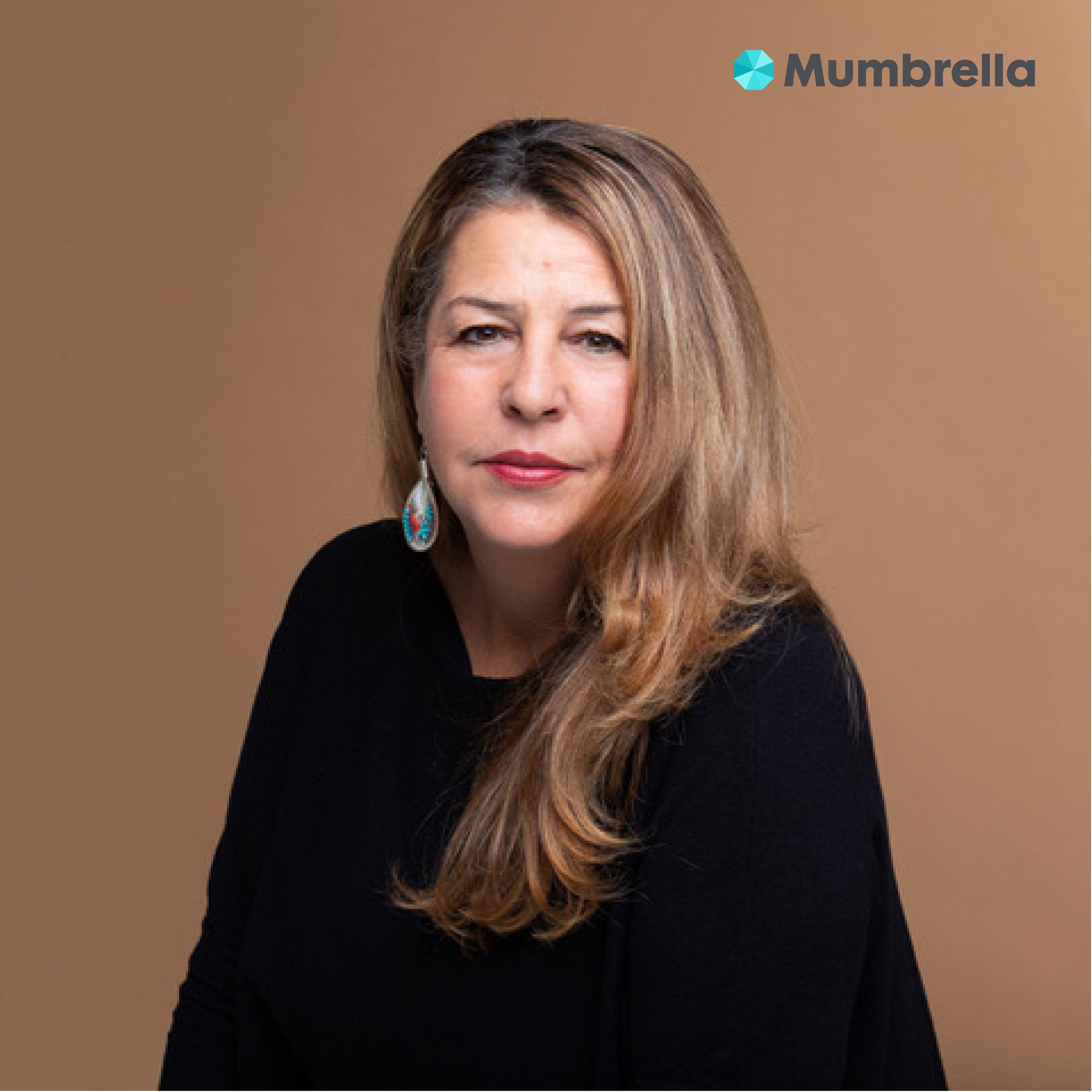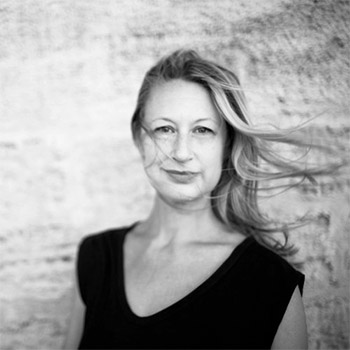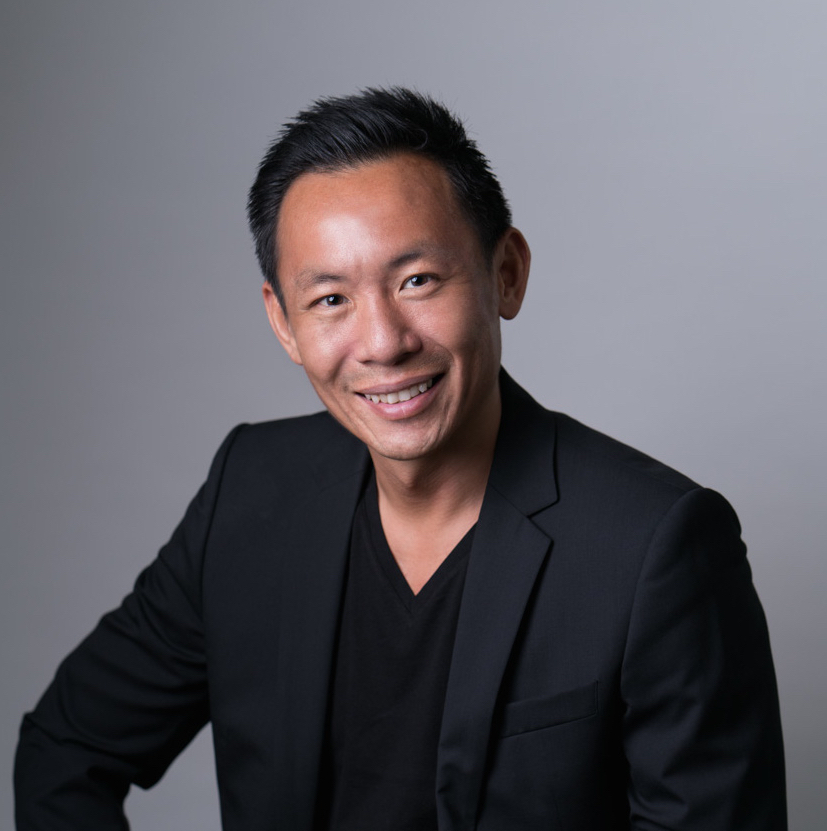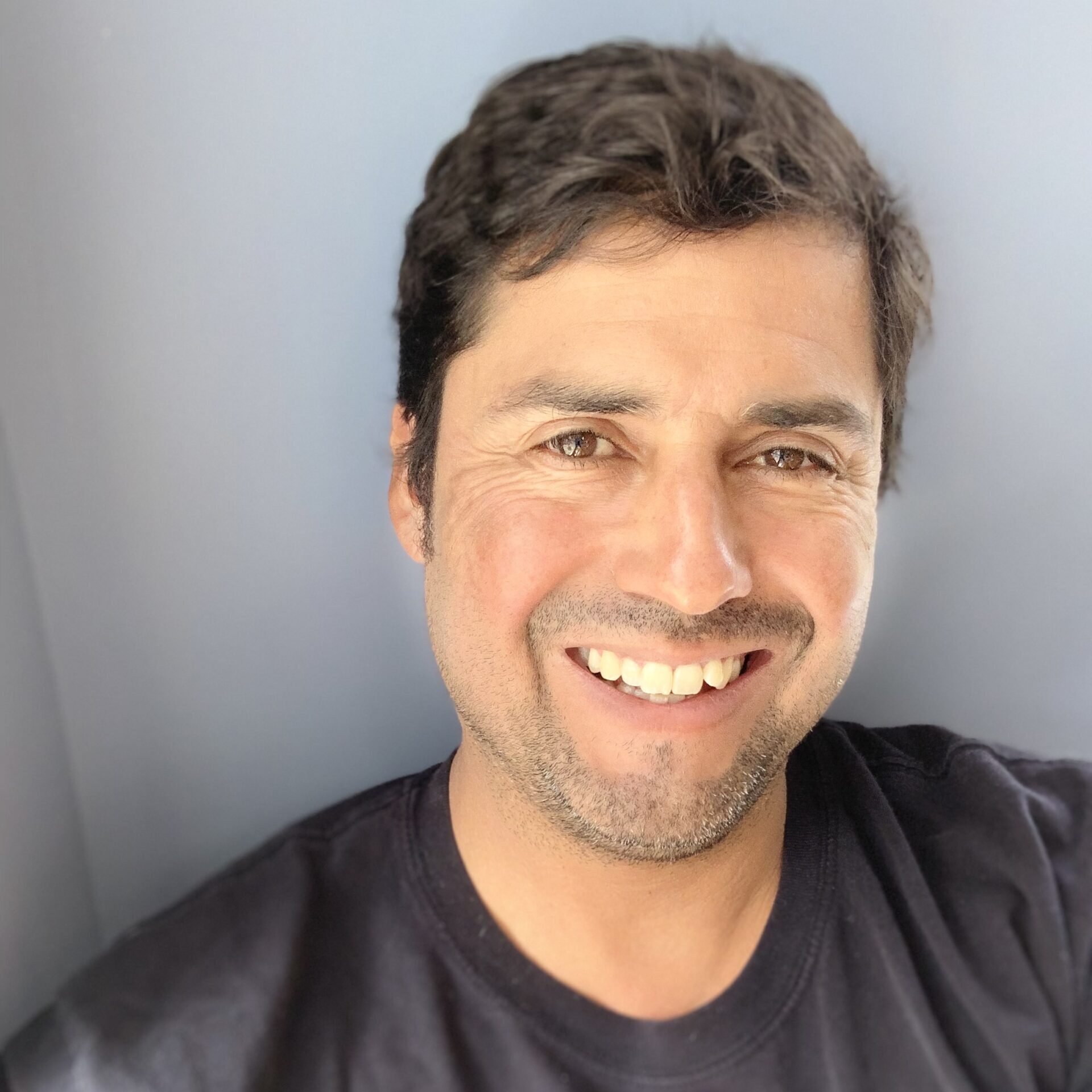
In Conversation with Debi Cornwall

Where do you work and what do you do?
I’m an American conceptual documentary artist. Home base is Brooklyn, New York, but I make and show my work around the world.
Tell us a bit about yourself.
I returned to visual expression in 2014 after a 12-year career as a wrongful conviction lawyer. Marrying dark humor with structural critique, I employ photographs along with archival material, testimony, and video to examine American power and identity in the post-September-11 era. Exhaustive research and negotiation were critical to my advocacy and remain integral to my work as an artist.
My first book, Welcome to Camp America: Inside Guantánamo Bay (Radius, 2017), was named among 2017’s 10 best photo books in the New York Times Magazine, among others, and recognized internationally. Recent honors include being shortlisted for a Tim Hetherington Trust Visionary Award, winning a Harpo Foundation Visual Artist Grant, a Center for Emerging Visual Artists Fellowship, the Duke University Archive of Documentary Arts Collection Award for Women Documentarians, the Lianzhou (China) Foto Festival Punctum Award and inaugural Fotofest Charles Jing Fellowship (both juried exhibition prizes), as well as a Baum Award for an Emerging American Photographer nomination. I have lectured or exhibited in France, Switzerland, Germany, China, South Korea, Australia, Italy, Canada, Portugal, Lebanon, England, Guatemala, at UN Headquarters, and in university, community, and contemporary art spaces across the United States.
What changes have you seen in the photography industry since starting out? The good, the bad and the ugly.
Everything changed between the time I started developing my own negatives and working as a stringer for the Associated Press in the early 1990s, and when I returned to visual expression in 2014. Images can now be made and transmitted internationally in the blink of an eye, though visual work has been devalued as newspapers close and cameraphones deluge us with images.
How do you stay relevant in today's photographic industry?
I have chosen to work in less traditional ways. Photographs are one tool among many that I use to look at documentary subjects. Rather than doing assignment work, I create my own long-term projects, raising funds as I go. Increasingly, my work is about asking better questions rather than answering them, and prompting conversation.
Tell us what you are currently working on?
I’m on the home stretch of my second project, Necessary Fictions. It’s a forthcoming book and multimedia installation exploring the performance of American power and identity. In this time of perpetual war, constant vigilance, and political division, what are the games we play, the stories we tell, to distract from unsettling realities? How are fictions deployed or embraced, and to what end?
What would your advice be to an emerging documentary photographer looking to break into the industry in 2019?
Be who you are. What makes you unique is what sets your work apart. Be curious, look at everything, and build relationships with people you trust to tell you the truth. Be kind to yourself. It’s ok if not everybody likes your work. Be persistent. You may be turned down for 99 of 100 jobs or grants, but it only takes one to set you on your way.
Share it around…






